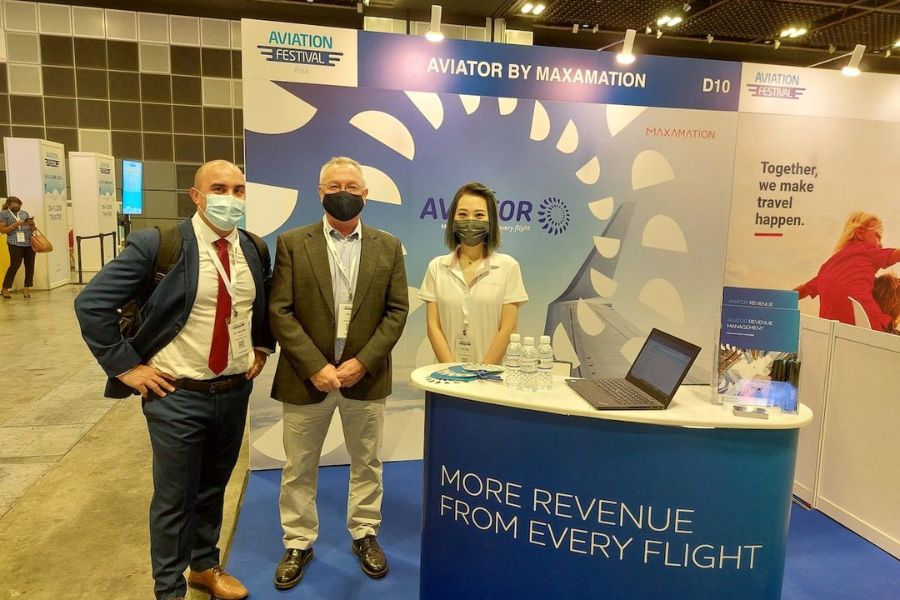One important question any airline needs to be able to answer when thinking about Airline Pricing and Revenue Management is “What’s my airline’s Commercial Strategy and how does this determine the actions required from the Airline’s Revenue Management department to achieve the airline’s planned revenues”.
Airline Revenue Management is not the magic wand operating independently of the Airline’s strategy. Airline Revenue Management can only be effective if it operates within the boundaries set by the airline’s overall Commercial Strategy. That commercial strategy must determine how the airline’s revenue management team manages the various booking classes, how the different departments should cooperate with revenue management, and how the revenue management department structures its workforce and workflow to maximise flight revenues.
So, how should it all come together?
- Airlines need a Commercial Strategy that sets clear and meaningful actions for the Airline’s Pricing and Revenue Management Departments. The commercial strategy must set a broad, primary framework within which revenue management must set secondary strategies for the day-to-day management of flights. For example, suppose the Commercial strategy determines that the airline should focus on connecting pax. In that case, Revenue Management needs to set secondary strategies to manage the availability of connecting classes vs. point-to-point classes. Or if the Commercial Strategy determines that the airline is focusing on the premium market segment, then Revenue Management must set secondary strategies to execute that plan. Too often, airlines don’t have a clear commercial strategy, or the revenue management department operates outside the parameters of the commercial strategy.
- Effective Revenue Management requires extensive interdepartmental cooperation. Revenue Management Optimisation requires forecasting passenger demand and adjusting availability per class to maximise revenues per flight. Pricing must work closely with Sales to understand future demand and competitor pricing activities. Scheduling can benefit from historical and future demand forecasts that Revenue Management produces daily. Flight Operations can use forecasted demand to aid their planning when scheduling aircraft. Regular meetings are thus crucial to review past and future departures.
- Airlines need to structure and manage their Revenue Management departments. The overall objective of Airline Revenue Management is to maximise revenues for every flight. Thus, the big question is how airlines can structure and manage their Revenue Management departments to encourage the focus on and realisation of flight revenues. Some of the most successful airlines group specific routes or regions and allocate those different routes/regions to specific analysts. This allows the analysts to fully comprehend the different complexities of their market and start to grow that very important ‘gut-feel’ when manually reviewing flight recommendations.
- To manage the airline’s performance, they first need to measure it. Monitoring key metrics like RASK, load factor, and fare mix helps airlines manage revenue performance. By analysing these data, they can make informed decisions to increase profitability and improve customer satisfaction.

Fortunately, with Aviator, implementing the above is a breeze.
Aviator allows the Airline’s Revenue Management analysts to execute the Airline’s Commercial Strategy through smart and intuitive business rules they can set for both the Forecasting and Optimisation processes. Furthermore, the Revenue Management analysts can design and tailor their own Reports and have that e-mail automatically to the various departments. Lastly, Aviator allows the Revenue Management analysts to utilise Smart Tags to quickly set up flight groups, flight regions, flight number groups or to group different date ranges together. You set the parameters of your airline’s Commercial Strategy and let Aviator take care of the rest.





